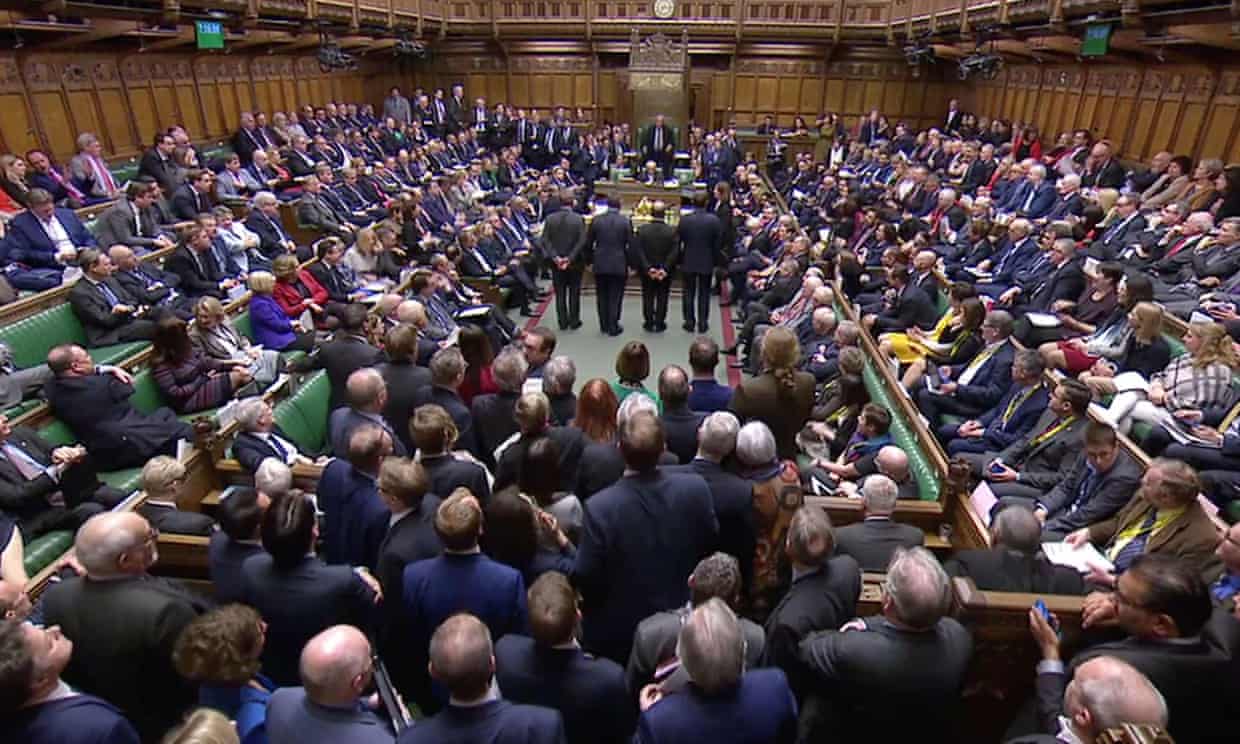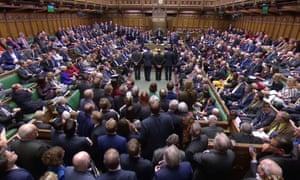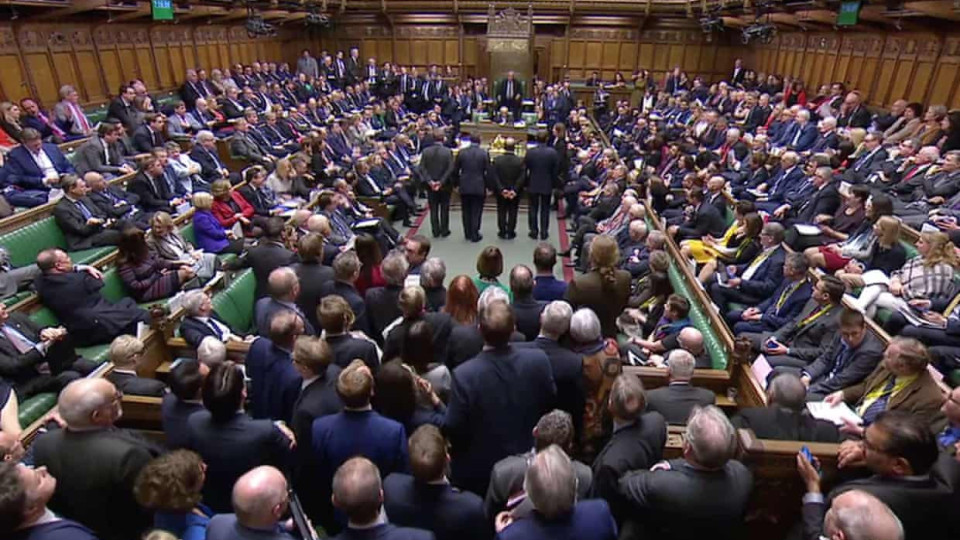

MPs have just voted against a no-deal Brexit. But this vote doesn’t achieve much by itself, because it’s just an indicative vote. “No deal can’t be taken off the table; it is the table.” You’ll hear this clever soundbite in the Twitter feeds of MPs and commentators on both sides of the Brexit divide, but it suffers from the serious defect of being wrong.
When we talk about no deal being the table, what we really mean is that it is the present default position. It is absolutely true that, unless we agree a deal, we will leave the EU without one – be that on the 29th of this month, if no extension is granted; or, if an extension is granted, when that extension expires. No deal is, as things stand, the ultimate default position.
But what is untrue is the assertion that no deal can’t be taken off the table. There is an alternative ultimate default: that we remain in the EU. And MPs could choose to adopt it.
The decision of the European court of justice in the Wightman case gave the United Kingdom an absolute right to revoke the article 50 notice and remain in the European Union. And it is open to MPs to adopt legislation – which I have drafted – that has the consequence that, if they can’t agree on a deal by exit day (whether that be on 29 March or at the expiry of an extension), we would automatically revoke our article 50 notice.
Legally, there is no room for doubt about this. But the real question is whether it makes political sense. And here the arguments why it does are poorly understood – but very powerful.
Tonight MPs have just indicated in a non-binding vote that parliament does not consent to no deal. So the ultimate objective of the bill I have drafted – the ruling out of no deal – is absolutely consistent with what MPs intend. It will have a clear democratic mandate from our sovereign parliament. Indeed, you may think, that with only just over two weeks to go to Brexit day, it is long since past the time that MPs faced up to reality rather than fiddling around with indicative votes.
Ruling out no deal is also absolutely consistent with Labour party policy. Labour’s 2017 manifesto said, “leaving the EU with ‘no deal’ is the worst possible deal for Britain”; and, “We will reject ‘no deal’ as a viable option.” Unless Labour supports legislation to take no deal off the table, it will be reneging on those promises.
Moreover, if you are pro-Brexit, it creates a powerful incentive to agree a deal. We cannot sensibly ignore the fact that MPs have now twice rejected the form of Brexit negotiated by the prime minister: they have also rejected Labour’s proposed softer Brexit, and tonight they rejected a third form of Brexit – no deal.
The best way now to take this process forward – the way to achieve the consensus that citizens and business desperately needs – is to create the powerful incentive for cross-party working among pro-Brexit MPs of no Brexit.
Nor does revocation rule out a later renotification.
One of the reasons we find ourselves in the calamitous position – 33 months after we voted for Brexit – of not knowing collectively what we want is that we are still to have a national conversation about what sort of a country we want to be. We have yet to ask the people whether they want a sharply different model to the European social model we have hitherto pursued. The argument between that model – and the low-tax, low-public service, deregulated US model – is so often the real debate we are having when we think we’re talking about Brexit.
European law is not free of all doubt. But it is clear to me – as one of the petitioners in and the guiding hand behind the Wightman litigation – that if we revoke we can later renotify our intention to leave the EU. That further notification might flow from a much needed national conversation – through a citizens’ assembly or suchlike, the machinery does not matter – about what sort of an economy we want to have and what sort of a relationship with the EU that implies.
If MPs wanted to take that course, the first step would be to impose an obligation on the government to create time for the passing of legislation taking no deal off the table. The model could be Yvette Cooper’s amendment seeking to make time for an extension bill. We’re long past time for virtue signalling.
The Guardian











Leave a comment